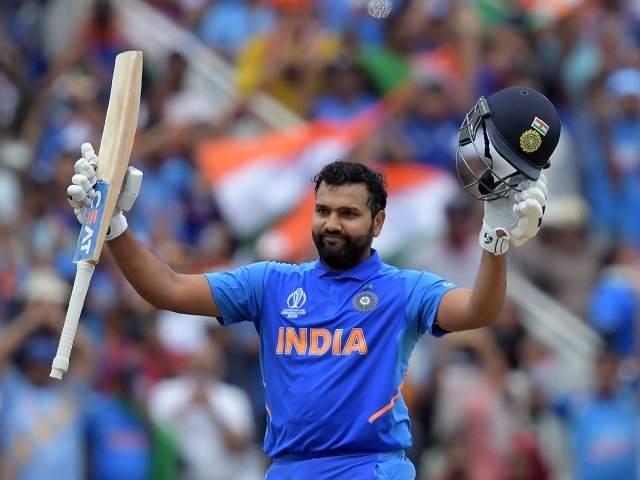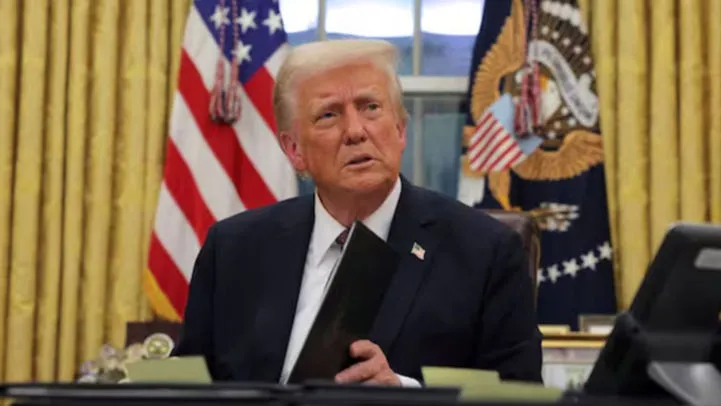On the field of play, there is a long standing and passionate rivalry between the India and Australia cricket teams. But it is one that is built on mutual respect and even friendship when the hostilities in the middle are over for the day.
Indeed, it has often been said that these are two nations united by a shared love of cricket and curry. Quite how those shared culinary tastes can be further leveraged is a topic for another day, but right now, the Australia India Institute has assembled a panel to assess ways in which the two nations can further unite and cooperate through sport.
The panel includes elite cricket umpire Simon Taufel, former cricket pro Lisa Sthalekar, Melbourne soccer CEO Brad Rowse and several others.
Fulfilling destinies and building careers
A core area in which Indians with a passion and talent for sport can benefit from Australian culture is by taking a lesson from how they approach the game. Panellist Harini Rana, an Indian sports journalist and sports mentor said sport in India is perceived purely as a hobby. In Australia, on the other hand, sporting talent is nurtured from a young age as a potential career for those who are exceptional, just like a talent for mathematics or language or engineering.
That’s a mindset that has helped Australians maximise their potential in a way that is diametrically opposed to India. Despite its population of just 25 million, Australia manages to acquit itself well in everything it does. We will explore that “what” in more detail in a moment, but the point is you get a feeling that there is a whole lot of sporting talent in India that lies wasted and undiscovered.
This is most clearly demonstrated when we take a quick glance down the medals list from the Tokyo Olympics.
- Australia – population: 25,000 – medals: 46
- India – population: 1,400,000 – medals: 7
The longer you look at it, the more shocking that set of statistics becomes. India has a talent pool more than 50 times the size of Australia’s, yet Australia won more than six times as many medals.
The message is clear. There is no reason to suppose Australians are “better” at sport than Indians. It is simply the case that Australia is far better at identifying and nurturing sporting talent. Right now, there is an immense amount of sporting talent lying undeveloped in India, just waiting for someone to come along and tap it.
Overcoming obstacles – the poker example
We mentioned that similar principles can be applied across many sports. But sometimes there are additional complications or obstacles, which international cooperation can help to resolve. Professional poker presents a perfect example, as it is an area in which both India and Australia face the same challenges.
For decades, poker has been a popular hobby pursuit in both countries, a game played for penny stakes at the kitchen table, or perhaps for more serious money at clubs and casinos. The World Series of Poker elevated the profile of the game to a serious sport in which the biggest talents could achieve just as much success as Virat Kohli or David Warner. Just check the records of Daniel Negreanu or Justin Bonomo for evidence.
Developing grass roots talent in poker is a little different to traditional sports, and players tend to get into the game by playing online and gradually entering higher stakes tournaments. Australians can access the top poker sites at CasinoAus to find places they can play poker online. However, these are all offshore providers due to Australian regulations that prohibit domestic poker clubs from operating online.
India is faced with similar difficulties, in that regulations for online poker are ambiguous, and vary from one state to the next. Joint action from a body like the Australia India Institute can only be a positive thing in bringing clarity and helping the top poker talents from both nations to fulfil their potential.
Gender inclusion is a priority
We have all seen the explosion in support and coverage of women’s cricket in Australia, India and the other major cricketing nations over the past decade. That should be applauded, but there is still much work ahead. Harini Rana is one of 40 women from 29 nations selected by the ICC to attend a sports leadership program.
ICC Ambassador for India Molina Asthana believes sports diplomacy between Australia and India will be invaluable in helping to create leadership opportunities for women through sport. These are exciting times.









